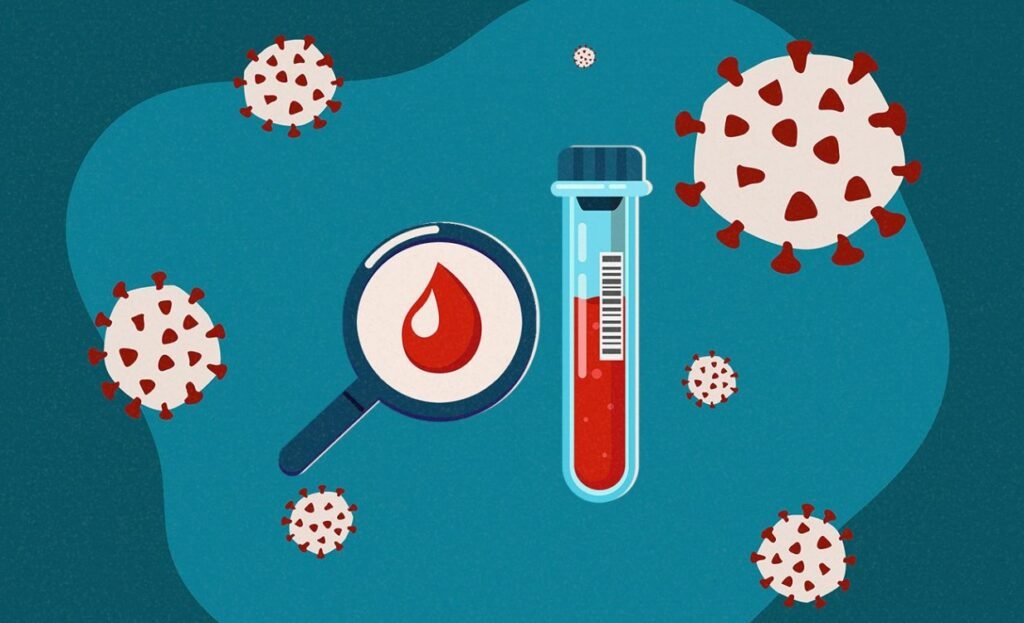A recent study published in the journal Diabetes Care has found that COVID-19 infection may trigger new cases of diabetes or worsen existing ones. The study, which involved more than 10,000 patients from 22 countries, is the largest of its kind to date and provides evidence for a bidirectional relationship between COVID-19 and diabetes.
COVID-19 and Diabetes: A Two-Way Street
The study, led by researchers from Imperial College London and King’s College London, analyzed data from the CoviDIAB Registry, a global platform that collects information on patients with COVID-19 and diabetes. The researchers found that among the 10,262 patients included in the study, 14.4% developed new-onset diabetes after being diagnosed with COVID-19, while 39.1% experienced worsening of their pre-existing diabetes.

The researchers also found that patients with new-onset diabetes had a higher risk of severe COVID-19 outcomes, such as intensive care unit admission, mechanical ventilation, and death, compared to those without diabetes. Moreover, patients with pre-existing diabetes who experienced worsening of their condition had a higher risk of these outcomes than those who did not.
The study suggests that COVID-19 infection may cause damage to the pancreas, the organ that produces insulin, the hormone that regulates blood sugar levels. This may result in impaired insulin secretion and increased insulin resistance, leading to high blood sugar levels and diabetes. Alternatively, COVID-19 may trigger an inflammatory response that affects the metabolism and disrupts the balance of hormones and glucose.
Implications for Clinical Practice and Public Health
The study highlights the need for early detection and management of diabetes in patients with COVID-19, as well as the importance of preventing and controlling COVID-19 infection in people with diabetes. The researchers recommend that patients with COVID-19 should be screened for diabetes and monitored for blood sugar levels during and after their illness. They also suggest that patients with diabetes should be prioritized for COVID-19 vaccination and adhere to preventive measures, such as wearing masks, social distancing, and hand hygiene.
The study also calls for more research to understand the mechanisms and long-term consequences of COVID-19-induced diabetes, as well as the potential benefits of specific treatments and interventions. The researchers hope that their findings will inform clinical guidelines and public health policies to improve the care and outcomes of patients with COVID-19 and diabetes.
